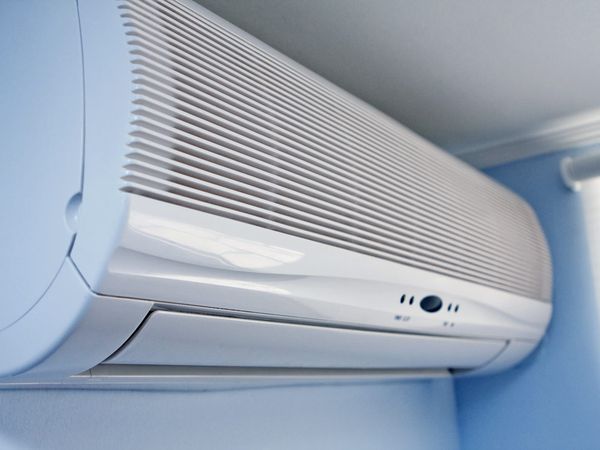Whether your central air-conditioning is on the fritz or you are looking to install it for the first time, this is a big purchase in the home improvement arena. Not only do you want to maximize the comfort of your home, you want to buy a quality unit that will run efficiently. Here are just a few considerations for this important purchase:
The Basics
One thing that is good to know is the basics about how central air conditioners function. It consists of a condenser unit, evaporator coil, system of duct work which exchanges room air with the cold air, and an air-handling unit with a blower. The condenser is usually outside while the handler and evaporator are located in the basement or attic.

Efficiency
Energy costs are steadily on the rise and central air conditioning is one of the most expensive uses of said energy, and accounts for a very high portion of utility costs. You want to focus on air conditioners that are more efficient in cooling your home. The more efficiently an air conditioner can do its job, the less energy it uses. The less energy it uses, the more money you save. According to Kay Heating, which provides HVAC contractor services in Greensboro NC, you should also look for a unit that is using ozone-friendly refrigerants and not the typical R-22, which many manufacturers are beginning to transition away from. As for ultra-high efficiency units, they will certainly be friendlier to the environment, but you may not recoup the costs in energy savings if you don’t run the air conditioner a lot or if your home is not very well-insulated.
SEER Rating
The US Department of Energy has designated minimum efficiency standards for air conditioners. This is in the form of a rating called the Seasonal Energy Efficiency Rating, better known as SEER. Each unit has a yellow Energy Guide label where the SEER rating can be found—the higher the number, the more efficient the unit. The minimum rating keeps rising, and as of 2006, the minimum rating must be at least 13, with units rating 15 to 17 being the most efficient.
Energy Saving Features to Watch For
Some features that are good to have include:
- large coils for more efficient heat transfer
- variable-speed blower to cut down on energy consumption by allowing you to choose the speed
- a fan-only switch. This allows you to turn of the AC, but keep air circulating to cool the room
- A fan switch with automatic delay, which keeps the fan running long enough to use residual cooler air that remains after the compressor is switched off.
- An indicator light that alerts you to when the filter needs to be changed. A dirty filter can reduce efficiency significantly.
This is one of the more expensive items you will procure for your home, and your AC costs account for a large chunk of energy use. Because of this combo, doing your homework is really important, and you don’t just want to go out and pick up the first AC unit you come across. Make the decision carefully.

